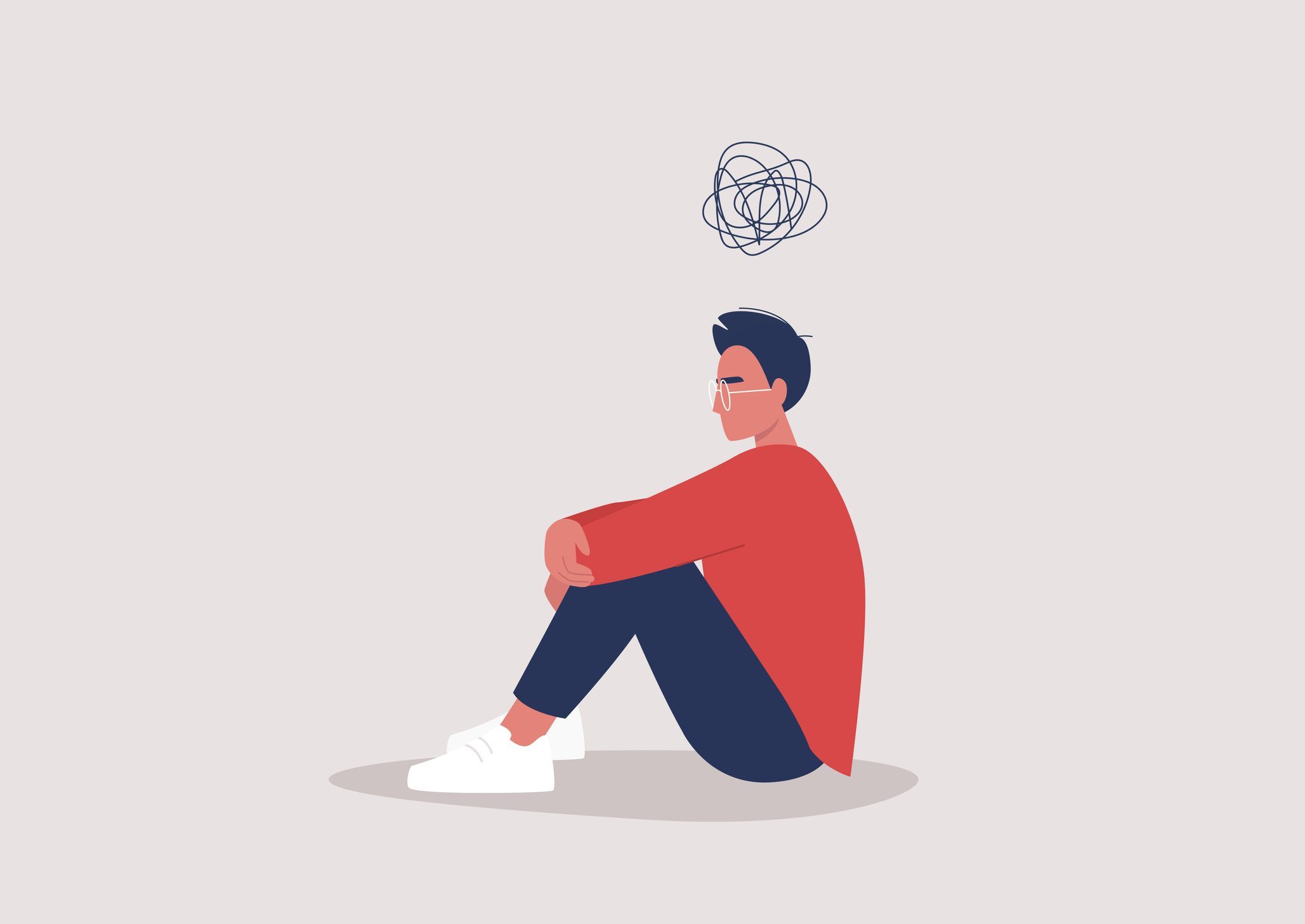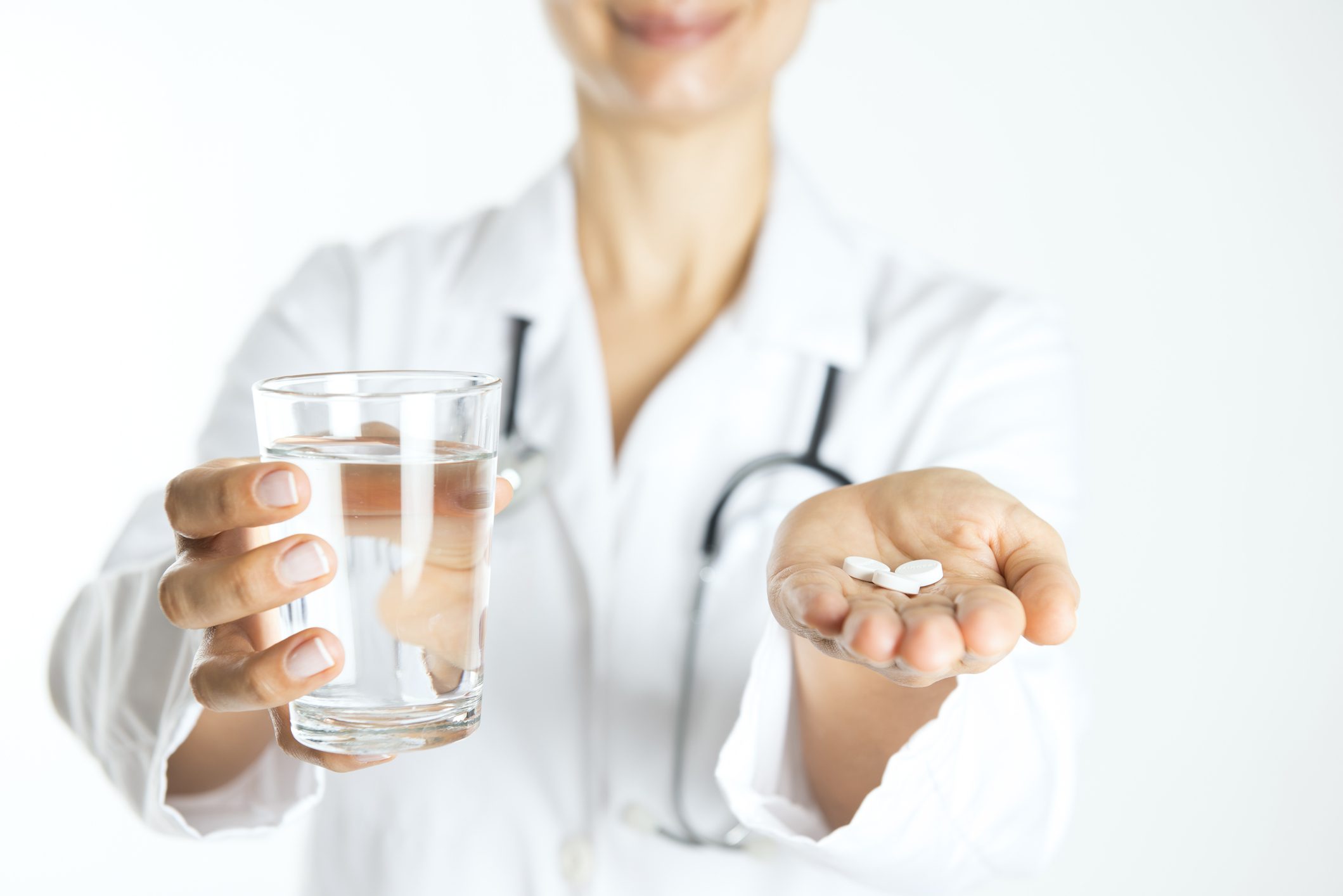
With Pregabalin available on prescription for more conditions, people are wondering: can I drink alcohol on Pregabalin? While many medications recommend against combining them with alcohol, some people consider the risks acceptable. Once a rarely used medication, Pregabalin has seen a significant uptake thanks to the desire to reduce opioid use.
However, Pregabalin varies depending on when you have started or changed dosage. Combining alcohol with Pregabalin at these times can lead to several severe side effects.
When you start taking Pregabalin or increase your dose, it is common to experience the following:
Your doctor will likely warn you of the dangers involved. These include mental and physical impairment while performing skilled tasks such as driving, childcare, and operating machinery. While you are experiencing any of these side effects, the guidance is that you do not consume any alcohol. You could take time to think through your day and what tasks you do that would be dangerous if you were drowsy or mentally tired. Using alcohol during this initial period could be very dangerous, and the NHS recommends against it.
What about later, though? We recommend caution even when your symptoms are gone, and you aren’t looking to increase the dose. It is best to consume no alcohol while taking Pregabalin. However, the National Institute for Health and Care Excellence suggests very moderate consumption is safe if it does not cause drowsiness or impair your judgment.
It is important to note that alcohol and Pregabalin are CNS (central nervous system) depressants. This means that they slow your brain activity which can, in turn, lead to confusion drowsiness, slow your breathing and lower your blood pressure. The combined effects of these two depressants could leave you feeling impaired and uncomfortable performing daily tasks.
The experience of drinking while taking Lyrica or Pregabalin varies enormously from person to person. This is the same as most prescription medications. For those who experience drowsiness or sedation, it will likely increase the effect. This goes along with feeling dizzy and impaired judgment. Many of those who take Pregabalin describe a feeling similar to being drunk on alcohol.
There are, however, far more dangerous effects, such as respiratory depression. This is due to both alcohol and Pregabalin being CND Central Nervous Depressants. Anyone with any lung or breathing issues should not use Pregabalin with alcohol and consider asking for an alternative medication.
One of the most concerning experiences of mixing Pregabalin and alcohol is for those with mental health issues. If you struggle with depression or psychosis, taking Pregabalin and combining it with alcohol can increase the risk of suicidal thoughts.

Pregabalin is also used as a detox drug for those hoping to quit alcohol or other drugs long-term. Many medications can help those dealing with withdrawal symptoms. The drug is effective in helping these people. Like many detox medications, Pregabalin helps with withdrawal symptoms from alcohol abuse. As a CNS Central nervous system depressant, it helps with sleep issues, anxiety, and pain.
The dangers of relapse are serious in the first weeks of detox from an addiction. This is a cause for concern. Even when stable on Pregabalin, any alcohol use must be moderate. Most of those with alcohol addiction are unable to limit their drinking. If you are likely to abuse alcohol, you should never drink while taking Pregabalin. Combining the two in large quantities could be fatal. For those concerned they might relapse during detox, it may be wise to ask your detox doctor for an alternative to Pregabalin or stay in a completely abstinent residential rehab center.
Pregabalin and alcohol are both addictive, which is another consideration for those using it to detox. Those prone to addiction increase their risk of dependence by taking any addictive substance. There is a strong possibility that starting using Pregabalin with alcohol will encourage someone to abuse both substances together. Taking them together increases the effects, which leads to a dual addiction. Pregabalin is a sedative and hypnotic agent which is a common cause of physical and psychological dependence. Pregabalin itself can also lead to withdrawal symptoms and must be reduced slowly.
As an addictive substance, Pregabalin can cause anyone using it to develop physical and psychological addiction. If you are taking Pregabalin for health reasons and want or need to stop taking it, you should consult your doctor before doing so. You may need to manage your health condition using another anticonvulsant or antianxiety treatment.
The withdrawal will also depend on how long you have been taking Pregabalin. Those who have been taking it for years will need to manage to quit. Even if you have only been on the medication for a short period, the withdrawal effects could be dangerous. Tapering off the drug is recommended for many such medications that affect the brain and central nervous system. The immediate withdrawal symptoms are:
All of the above are also symptoms of alcohol withdrawal. These symptoms can last anywhere from a few days to a month. Combining the two will make the symptoms all the more severe when detoxing. Managing these two types of withdrawal will be challenging and risky. If you drink regularly and have been prescribed pregabalin, make sure to speak to your doctor about any possible side effects or interactions that may result.
Anxiety and insomnia may be the reason you have been prescribed Pregabalin. However, these mental health issues are often coupled with depression, making it risky. This is especially the case when you combine Pregabalin with alcohol which is also a depressant.
While antiepileptic drugs such as Pregabalin have been shown in studies to lead to depression and even suicidal thoughts, this is made much worse by combining it with alcohol use. This is because alcohol itself is a depressant. It is worth noting that a significant percentage of those who struggle with addiction to drugs or alcohol also have underlying undiagnosed mental health conditions. Many of these conditions have gone undiagnosed and are unknown to the patient or their doctor.
If you or someone you care about is struggling with a dual addiction to Pregabalin and alcohol, help is available. The first step is contacting rehab for inpatient treatment. Detoxing from Pregabalin and alcohol abuse can have severe side effects. You will be able to manage best under a doctor’s supervision. A rehab will offer medical detox to anyone who is quitting a substance they are addicted to. You will receive non-addictive medications to help you with the symptoms. Rehab staff provide 24-hour medical supervision during the detox period. You will also have care and help with meals and personal needs tended to by the care staff.
Detoxing is only the first step in overcoming an addiction to Pregabalin and alcohol. Dealing with the psychological elements of dependence is just as important. CBT and DBT (Cognitive and Dialectic Behaviour Therapy) are the most common forms of therapy. Especially for those with mental health issues behind their addiction, therapy is a vital step. If you need help finding the right rehab for yourself or a loved one, we can help. It is best to find a rehab that deals with prescription drug and alcohol addiction and, if you may have underlying mental health concerns, a rehab that provides a dual diagnosis.
Sources
https://www.drugs.com/disease-interactions/pregabalin.html#drug_dependence
https://bnf.nice.org.uk/drug/pregabalin.html National Institute for Health and Care Excellence Guide to Pregabalin
https://pubmed.ncbi.nlm.nih.gov/23519046/ Concerns about pregabalin: further experience with its potential of causing addictive behaviours. Journal of Addiction Medicine 7(2),147-149.